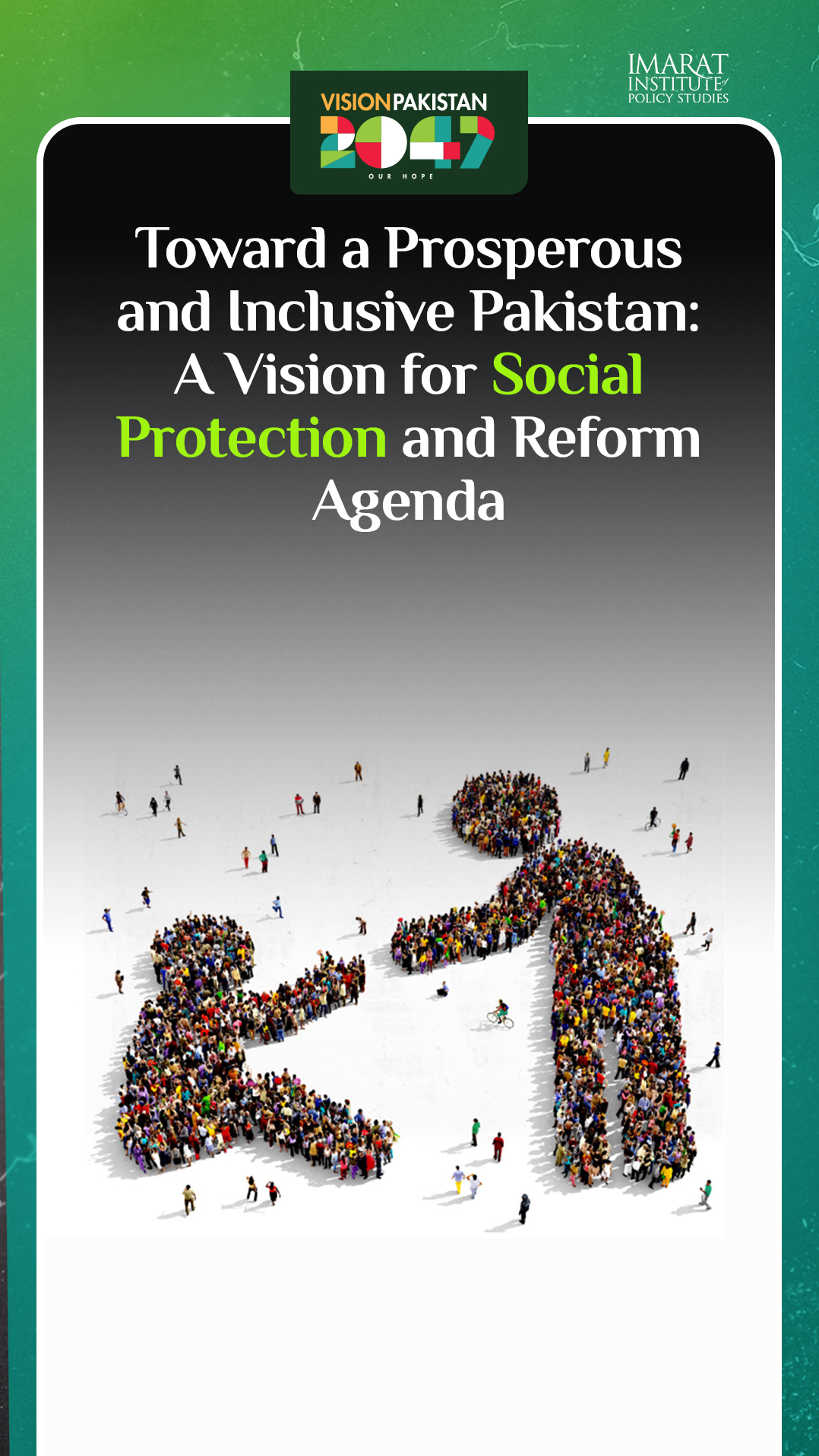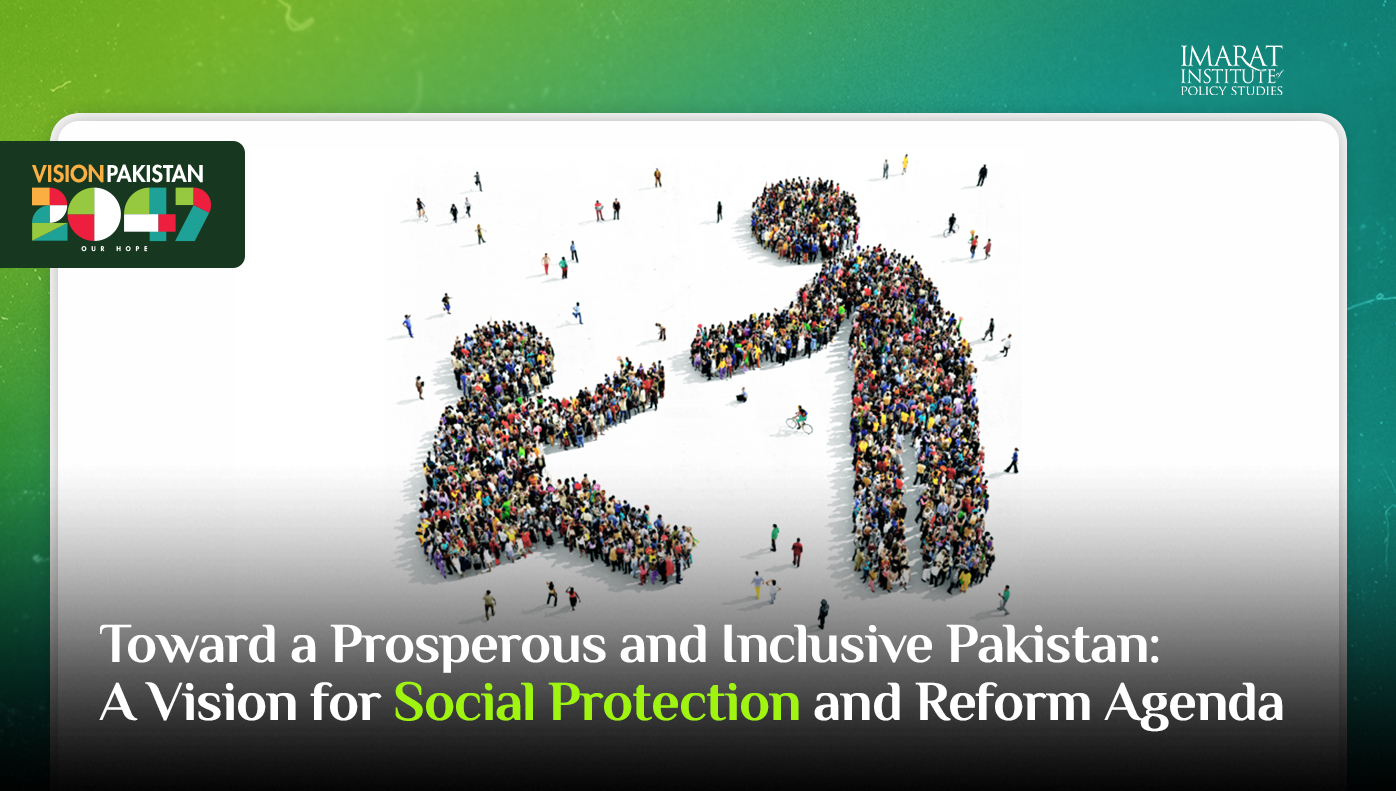In envisioning a cohesive, strong, and peaceful Pakistani society, social justice stands as a fundamental pillar. This is achievable through sustainable quality social well-being services encompassing healthcare and education, coupled with robust social safety nets ensuring viable livelihoods for present and future generations. Such an endeavor requires fostering an environment conducive to social responsibility programs, civic engagement, and socio-economic empowerment, particularly targeting women and youth.
Social Protection and Well-Being
Community Social Responsibility (CSR)
Organizing efforts of established entities, social responsibility projects, and governance frameworks are vital for enhancing social protection through CSR. Defining, managing, and measuring CSR principles and activities are crucial for effective implementation and impact assessment.
Youth Empowerment
Investing in youth ensures future political, social, and economic participation, thereby contributing to nation-building. Additionally, empowering persons with disabilities maximizes their capabilities and provides them with adequate social protection.
Sports Activities
Focusing on sports activities not only brings direct benefits but also fosters developmental gains across various sectors and age categories, enhancing Pakistan’s global sports presence.
Reform Agenda
Securing Sustained Rapid GDP Growth
Accelerating and sustaining rapid GDP growth, estimated at 9% annually from FY2021 to FY2047, is crucial for poverty reduction. This growth relies on investment, labor-intensive exports, improved productivity, and technological adoption, creating a foundation for higher employment, income, and consumption.
Making GDP Growth Pro-Poor
Structural transformation of the production base is vital for pro-poor growth. Promotion of labor-intensive exports, addressing constraints in small manufacturing enterprises, and integrating large and small firms are key strategies. Additionally, ensuring the services sector’s modernization and growth facilitates inclusive participation in the changing market landscape.
Strengthening Human Capital
Investing in human capital formation is essential for sustained poverty reduction. Enhancing skills and knowledge equips individuals to participate in a changing labor market, emphasizing additional funding for quality health and education to eliminate access inequalities.
Improving Access to Finance
Expanding microcredit access, reducing credit costs, and improving institutional credit access for the poor are essential. Measures such as credit bureaus, guarantee schemes, and FinTech initiatives aim to enhance credit market efficiency and lower risks for the poor.
Addressing Income Inequality
Implementing redistributive fiscal policies, supported by increased public spending on health, education, and social protection, can mitigate income inequality. Learning from international examples, Pakistan aims to ensure public spending targets the poor, vulnerable, and low-income groups.
Leaving No One Behind
Advancing the most disadvantaged and marginalized populations is crucial for sustainable development. Policies must focus on providing equal opportunities and addressing discrimination and social exclusion, particularly for groups such as transgender communities, ethnic minorities, and persons with disabilities.
Recommendations and Solutions
Health Insurance
Strengthening legal and governance frameworks, increasing budget allocations, and promoting awareness can enhance healthcare services and management.
Social Security
Enforcing regulations, conducting studies for sustainability, and ensuring compliance at registered enterprises are essential for effective social security.
Social Welfare
Establishing support for vulnerable groups, increasing budget allocations for education and healthcare, and promoting job creation and vocational training are vital for poverty reduction.
Conclusion
A prosperous and inclusive Pakistan necessitates a holistic approach to social protection and reform. By prioritizing social justice, sustainable growth, and targeted interventions, Pakistan can pave the way for a resilient and equitable society. Through collective efforts and effective policy implementation, the vision for a prosperous Pakistan by 2047 can be realized, leaving no one behind in the journey towards progress and prosperity.
This article is written by Radma Nouman. Radma is a research analyst at the Iqbal Institute of Policy Studies (IIPS).



Leave a Reply